A beautiful smile
- Shriphala
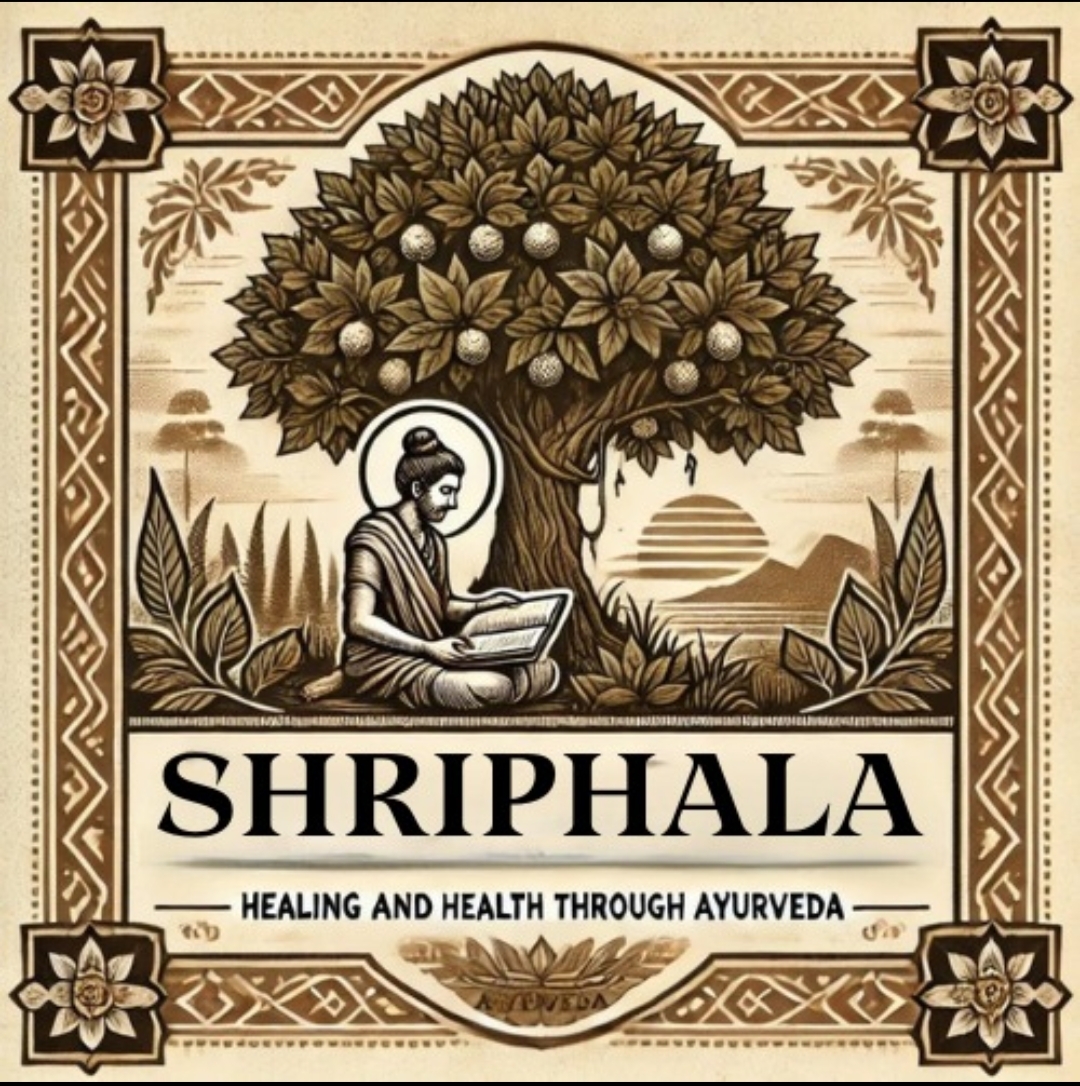
- Oct 21, 2021
- 2 min read
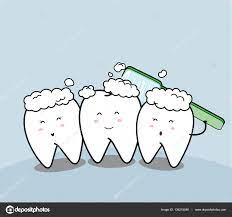
We learnt the benefits of waking up during Brahma Muhrtha in the previous blog. So, what do you do after waking up at brahma muhurtha? Our acharyas have provided the answer for the above question with a detailed explanation.
According to Acharya Vagbhata, after waking up at Brahma muhurtha, one should analyze their own body for a while and be clean after evacuation of excreta from the body. The next step to be followed is brushing of the teeth. Cleansing of the teeth is termed as "Dantadhavana". Dantadhavana should be done by using a brush of 12 Angula (approx. 9 inches) length and having diameter of the tip of one’s little finger. Plants which are used for brushing of teeth should be of either Kashaya (astringent), Katu (acrid) or Tiktha (bitter) rasas. The plants suggested are Arka (Calotropis gigantea), Nyagrodha (Ficus benghalensis), Khadira (Acacia catechu), Karanja (Pongamia pinnata), Kakubha (Terminalia arjuna). It is advised to brush your teeth after every meal. Care should be taken not to hurt the gums.
Acharya Sushrutha has listed the drugs that can be used for brushing of teeth and selected a best drug among each rasa. The best drug among each rasa are as follows.
· Nimba (Azadiracta indica)- among tiktha rasa dravyas
· Khadira (Acacia catechu)- among Kashaya rasa dravyas
· Madhuka (Madhuca indica)- among Madhura rasa dravyas
· Karanja (Pongamia pinnata)- among Katu rasa dravyas
Acharya Charaka has further described the benefits of dantadhavana. It helps to eliminate bad odour and removes the sludge deposited over teeth, tongue and mouth and thus improves taste perception.
Now, we know about the benefits and the method to be followed for dantadhavana. But did you know that brushing of teeth is contraindicated in certain conditions? Some of the conditions in which dantadhavana is contraindicated are when the patient is suffering from indigestion, vomiting, asthma, cough, stomatitis, facial palsy, cardiac disorders, eye diseases, diseases of head and ears.
Thus, we got to know a lot of information about brushing of teeth as mentioned in our classics. Brushing of teeth is not a new practice but an age-old tradition followed right from medieval times. The methods might have changed but the aim remains the same.
I hope you all had a great time reading about the benefits of dantadhavana. Let’s make it a habit to brush our teeth twice a day and maintain good oral hygiene.
See you all in the next blog with another interesting topic. Until then stay safe and follow my blog shriphala for further updates.
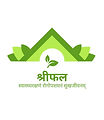
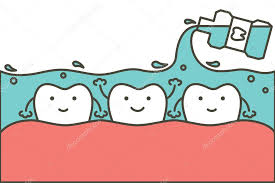
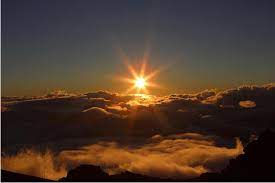
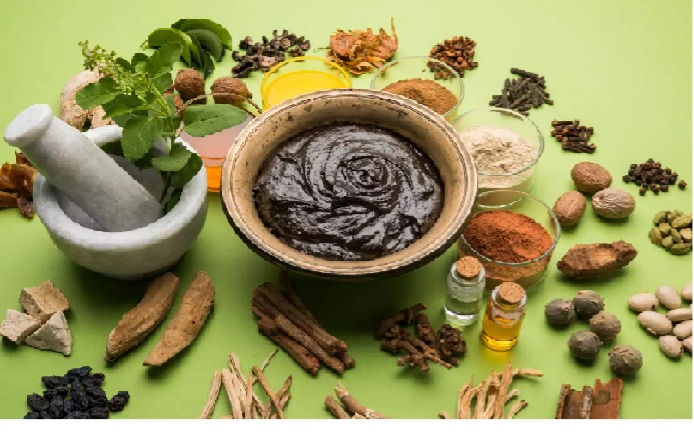
Comments